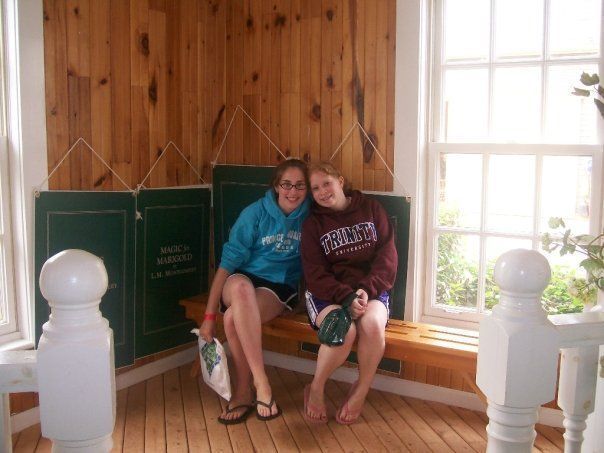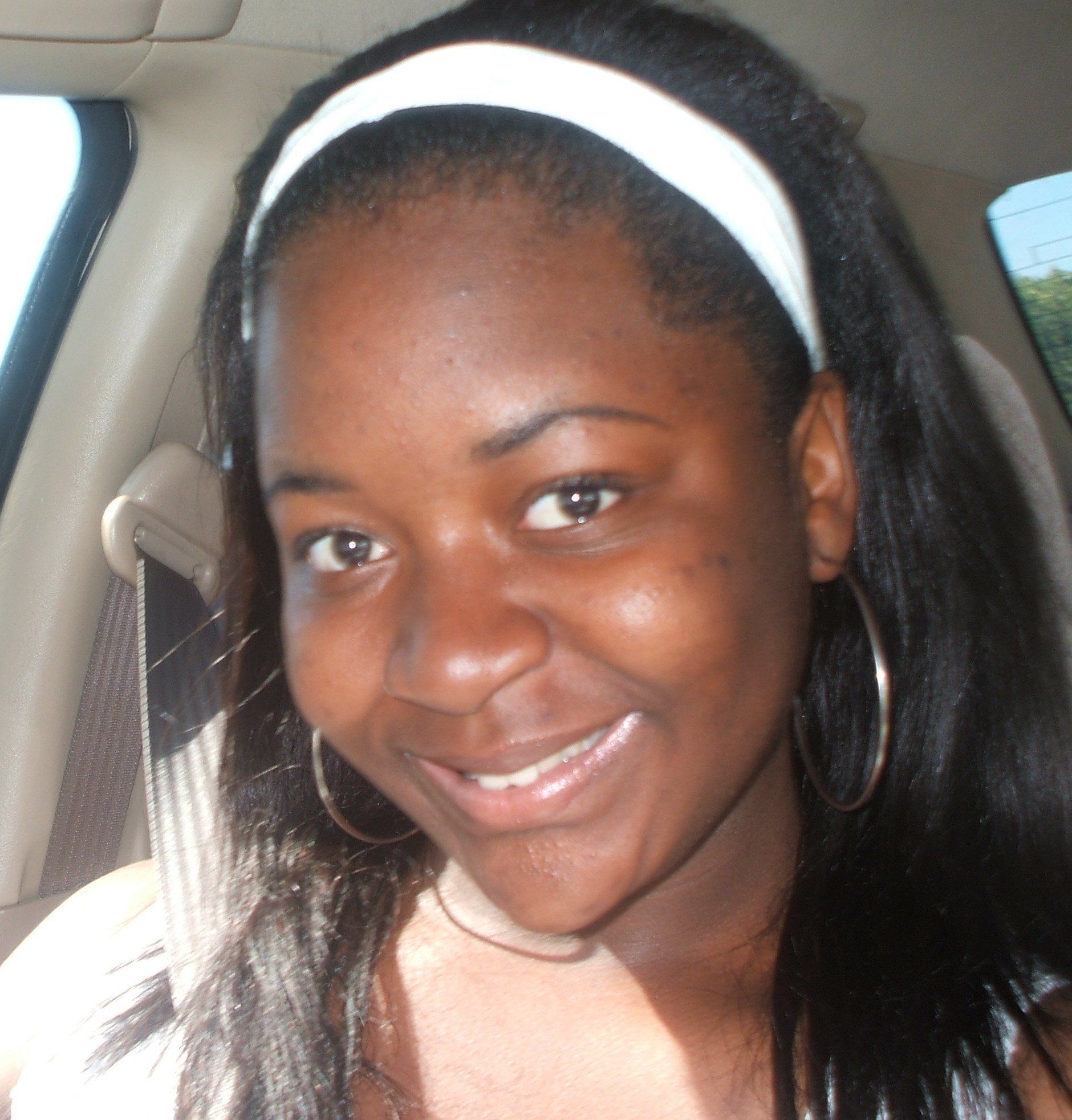“Welcome aboard KLM airlines, flight number 226 direct from Amsterdam to Nigeria. Total flight time is nine hours and 45 minutes. Please refer to your pamphlets in the seat pockets in front of you as emergency procedures.” I peered through the window and gazed at the expansive sky. My thoughts were just as vast. Although I had grown up with Nigerian immigrant parents, I felt like I was embarking on something completely new. I was going “home'”as my parents referred to it, but it didn’t feel like it to me. I shook in my seat as the plane dashed down the runway and took off.
I was greeted with a strong whiff of hot air as I navigated through the Abuja Airport terminal, a small airport with bare white walls and cheap ceiling fans that hung from above. As I watched black faces clamor around the carousel to claim luggage, I listened to the fusion of languages being spoken. I recognized Igbo, the language of my parents. Those around me had an outer appearance that complemented their heritage. I looked at the women who were dressed in vibrant traditional wear with thick and curly natural hair that framed their face. My head dipped downward as I looked at the blue jeans I wore and the straight black hair that dangled in front of my face. I was a spectator peering into the culture that I had acquired biologically, but only knew the half of until now.
After an eight hour drive, we arrived in Uburu, the village where both my parents are from and where most of my relatives reside. “I’m Richard,” “Sylvia,” and “Jennifer.” My siblings and I went from oldest to youngest as we introduced ourselves. Auntie Franca heard us and came out and said in a loud accented voice, “Eh eh, those are not your names. You are in Nigeria, not America. Tell us your real names.” When it was my turn, I said “Chinyere” – God’s gift. In California, it was my middle name, but in Nigeria it was my first. Sudden significance was assigned to the part of my name that I often ignored. With it’s acknowledgement, I felt a part of something that I never had in California.
An hour before the commencement of my cousin’s wedding, my aunt deemed it necessary that my siblings and I meet our grandparents. My heart pounded as we followed her into their compound. Knowing them only through old photographs and poorly connected phone calls, I felt remote and wondered if they would even feel a connection to me. When we entered the room, excitement and joy rang in the air as the woman I took to be my grandmother chanted something loudly in Igbo. “She’s happy that you’re here and has been waiting for this day to come for a long time now,” my aunt translated. My grandfather, who had partial eyesight, slowly got up and walked toward my siblings and I. He touched each one of us gently, said our Igbo names, and whispered something lightly. He had blessed us. Although taken aback by his gesture, I reveled in knowing that someone felt a deep attachment to me despite the physical distance that separated us for sixteen years. It was as if I was here all along.
My grandmother, who I am named after, motioned for us to follow her through the house into another room. She opened a drawer and pulled out pictures of me. I saw everything from baby pictures to recent photos. We both smiled and in that moment, I saw myself in her. Our smile. I had a permanent place here in my grandparents home, in Nigeria. This is home, I thought to myself. I had finally fit all the puzzle pieces together. I felt whole.
Dear Reader: This page may contain affiliate links which may earn a commission if you click through and make a purchase. Our independent journalism is not influenced by any advertiser or commercial initiative unless it is clearly marked as sponsored content. As travel products change, please be sure to reconfirm all details and stay up to date with current events to ensure a safe and successful trip.

